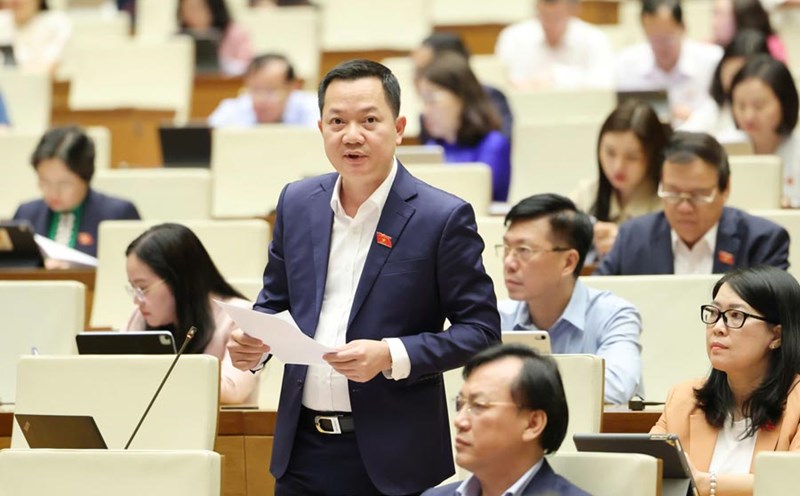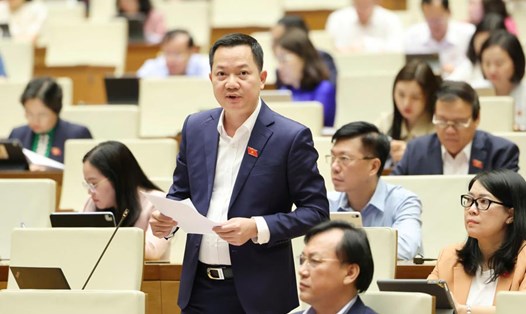deeply recognizing the importance of cyberspace in the development of the country, in recent times, the Party and State have issued many important policies and orientations to perfect the institution to ensure cyber security. Notable are the resolutions: 18-NQ/TW in 2017 on streamlining the apparatus; 30-NQ/TW in 2018 on the National Cyber Security Strategy; 44-NQ/TW in 2023 on the strategy of protecting the Fatherland in the new situation; 57-NQ/TW in 2024 on breakthroughs in science - technology and digital transformation; and 66-NQ/TW in 2025 on innovation in law-making and enforcement in the new era.
After 10 years of implementing the Law on Cyber Information Security and 7 years of implementing the Law on Cyber Security, the strong development of digital technology requires amending and supplementing many regulations. Rapid changes in technology, along with the requirements for developing the digital economy, digital society and protecting sovereignty in cyberspace, require the legal system to be updated promptly, unified and eliminated overlapping points between the two current laws.
Based on the Government's proposal, on July 10, 2025, the National Assembly Standing Committee issued Resolution No. 87/2025/UBTVQH15, officially adding the Cyber Security Law project to the 2025 legislative program in the direction of merging the 2018 Cyber Security Law and the 2015 Cyber Information Security Law into a unified law, developed in a concise order to promptly meet practical requirements.
In the past, the drafting agency has proactively and urgently completed the dossier to submit to the National Assembly. According to many reviews, the draft Law on Cyber Security (new version in 2025) has shown some outstanding new points:
1. Unifying terms and a state management focal point for cybersecurity
The new law unifies the central concept of "cyber security", and clearly stipulates an agency in charge of state management of cyber security. This helps simplify the coordination process, avoid spreading responsibility and increase the effectiveness of protecting the national cyberspace system.
2. Only regulate content under the authority of the National Assembly
The draft removes regulations under the authority of the Government, ministries and branches or that have been adjusted in other laws. This is an important innovation to help reduce administrative procedures, facilitate people and businesses in complying with the law, while ensuring the spirit of streamlining of Resolution 18.
3. Adding many new regulations suitable for practice
The new law updates modern management requirements, including:
- Ensuring data security, in line with the development speed of the digital economy.
- Enterprises providing online services must identify IP addresses and support authorities in preventing and combating cybercrime.
- Regulations on funding for cybersecurity protection for state-owned agencies, organizations and enterprises.
- Encourage the use of domestic cybersecurity products and solutions, contributing to improving Vietnam's autonomy.
- Regulations on cybersecurity certificates for heads of national information systems, ensuring the capacity to manage network risks in key units.
The above new points not only create a unified and transparent legal corridor, but also lay an important foundation for Vietnam to proactively respond to increasingly complex cybersecurity risks, protect national security, business interests and civil rights in the digital age.











